Enoxacin CAS:74011-58-8
Enoxacin is prescribed for the treatment of urinary tract infections, prostatitis, gonorrhea, and respiratory tract infections caused by susceptible pathogens. Its ability to penetrate tissues effectively makes it a valuable option for treating complex infections requiring systemic therapy. In addition to its antibacterial properties, enoxacin is sometimes used off-label for the treatment of other conditions such as infectious diarrhea, osteomyelitis, and pelvic inflammatory disease. However, this should be done under the guidance of a healthcare provider due to potential risks and considerations. Healthcare providers may adjust the dosage of enoxacin based on the type and severity of the infection, patient factors, and susceptibility testing results. Patients are advised to complete the full course of treatment as prescribed to ensure successful eradication of the infection. Common side effects of enoxacin include gastrointestinal upset, dizziness, and photosensitivity reactions. Patients should report any new or worsening symptoms to their healthcare provider promptly. Regular monitoring during enoxacin therapy is essential to assess treatment response and detect any adverse reactions early. Patients with pre-existing conditions or taking other medications should inform their healthcare provider before starting enoxacin to prevent potential drug interactions. Enoxacin plays a vital role in combating bacterial infections and improving patient outcomes when used appropriately under medical supervision.



| Composition | C15H17FN4O3 |
| Assay | 99% |
| Appearance | white powder |
| CAS No. | 74011-58-8 |
| Packing | Small and bulk |
| Shelf Life | 2 years |
| Storage | Store in cool and dry area |
| Certification | ISO. |


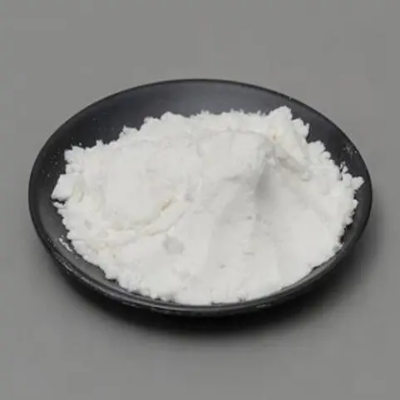
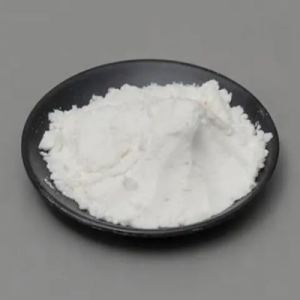
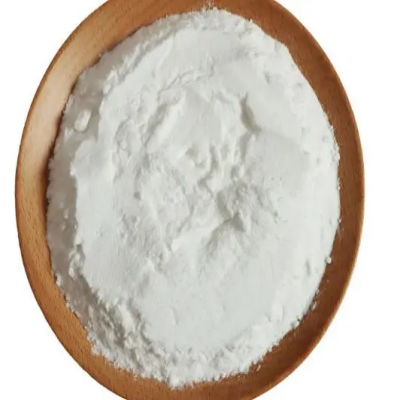
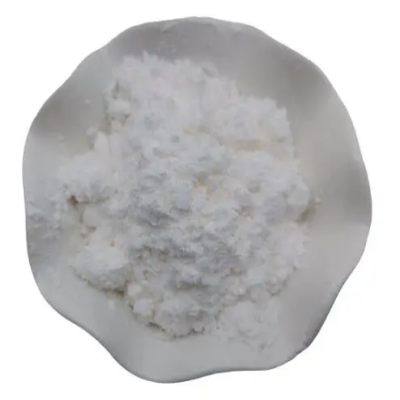

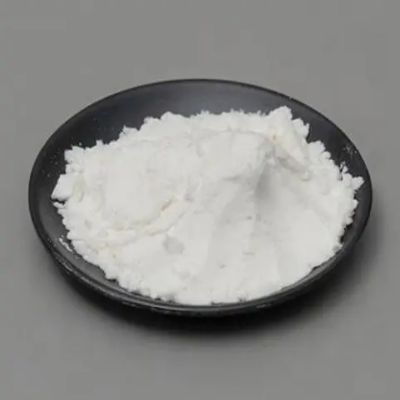
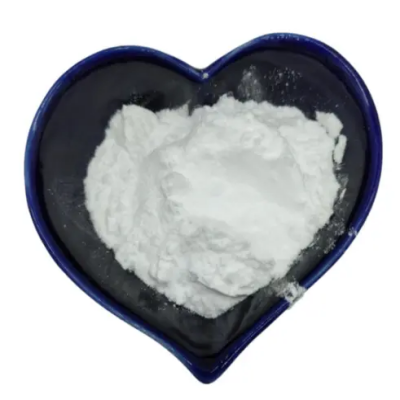
![3-[(3-AMINO-4-METHYLAMINO-BENZOYL)-PYRIDIN-2-YL-AMINO]-PROPIONIC ACID ETHYL ESTER CAS:212322-56-0](https://cdn.globalso.com/xindaobiotech/1ZNB2ZF342ZWRNG297.png)